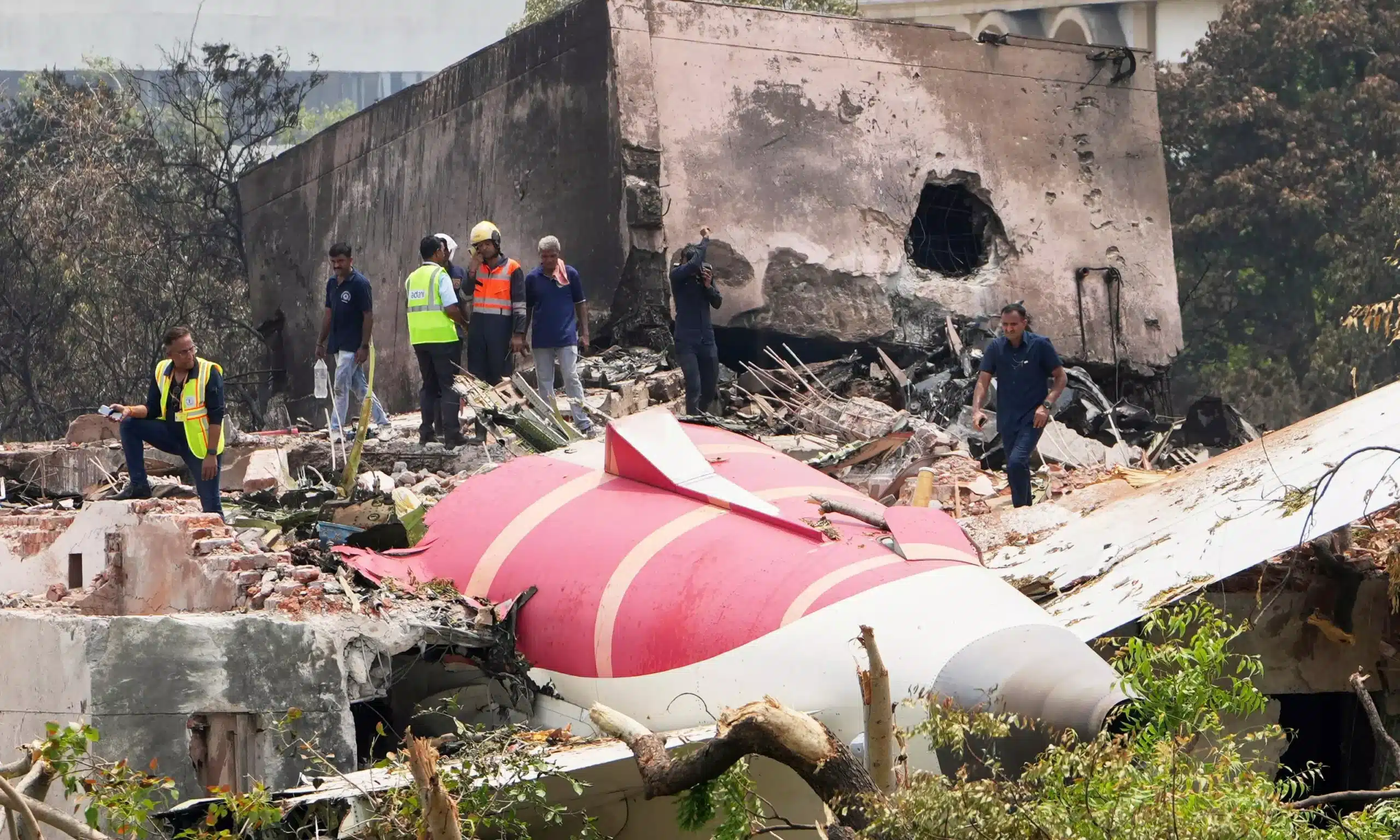Aviation Authority Confirms Safety of Fuel Switches Amid Industry Scrutiny

The Federal Aviation Administration (FAA) has affirmed the safety of fuel control switches in Boeing aircraft, following their connection to a tragic Air India crash that resulted in the deaths of 260 individuals in June. This declaration comes in the wake of a preliminary report released by investigators, which raised concerns about the switches after the Boeing 787-8 Dreamliner lost engine power shortly after takeoff from Ahmedabad airport. The crash of Flight 171, which was en route to London, marks one of the most devastating aviation disasters in nearly a decade.
Preliminary Findings of the Crash
The preliminary report from the India Aircraft Accident Investigation Branch (AAIB) revealed that the fuel flow to the engines of the Boeing 787-8 Dreamliner was abruptly cut off just moments after takeoff. This critical failure occurred when the switches controlling the fuel flow were inadvertently moved from the “run” position to “cut-off.” The report highlighted that this incident was not only tragic but also raised significant safety concerns regarding the operation of fuel control switches in Boeing aircraft. Investigators noted that a 2018 FAA advisory had previously recommended that operators inspect the locking feature of these switches to prevent accidental movement, a precaution that Air India reportedly did not implement.
FAA’s Response and Safety Assurance
In response to the AAIB’s preliminary findings, the FAA stated that it had reviewed the report and maintained that the fuel control switches do not pose an unsafe condition. The FAA’s 2018 advisory was based on reports indicating that the switches might be installed without the locking feature engaged. However, the agency emphasized that it does not consider this a safety issue warranting an Airworthiness Directive for any Boeing models, including the 787. The FAA reiterated its commitment to sharing relevant information with international civil aviation authorities to ensure ongoing safety in aviation.
Details from the Cockpit Voice Recordings
Investigators have also examined cockpit voice recordings from the ill-fated flight, which provided crucial insights into the moments leading up to the crash. One pilot was heard questioning the other about the fuel cut-off, to which the second pilot responded that he had not made that change. This exchange suggests a potential malfunction or misunderstanding regarding the fuel control switches. The report indicated that both switches flipped from “run” to “cut-off” almost simultaneously shortly after takeoff, but it did not clarify how this occurred during the flight.
Impact of the Tragedy
Air India Flight 171 was scheduled to travel from Ahmedabad to London’s Gatwick airport when it tragically crashed into a medical college near the airport within a minute of takeoff. The incident claimed the lives of 260 people, primarily passengers, with only one British national surviving the crash. The AAIB is expected to release a more comprehensive report within the next 12 months, which will likely provide further details and insights into the causes of this catastrophic event. The aviation community remains on high alert as investigations continue into the safety of Boeing aircraft and the protocols surrounding fuel control systems.
Observer Voice is the one stop site for National, International news, Sports, Editor’s Choice, Art/culture contents, Quotes and much more. We also cover historical contents. Historical contents includes World History, Indian History, and what happened today. The website also covers Entertainment across the India and World.
Follow Us on Twitter, Instagram, Facebook, & LinkedIn

